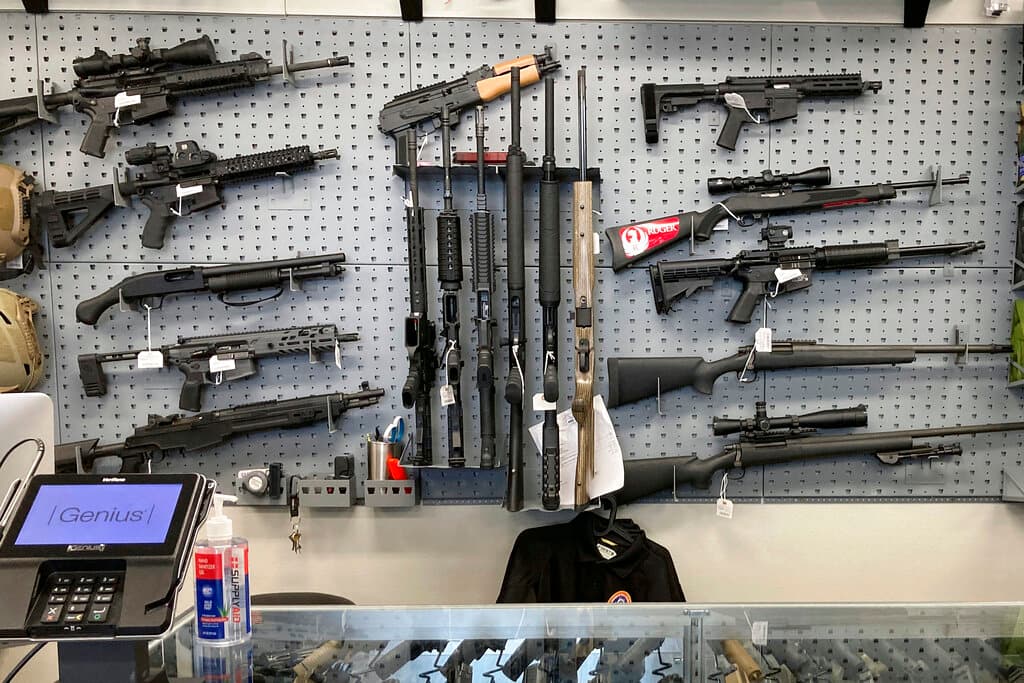Federal Judge Rules That Mexican Government’s Lawsuit Against Arizona Gun Shops Will Proceed
Across two lawsuits in different federal courts, the Mexican government is seeking tens of billions of dollars in damages from gun dealers and manufacturers.

A lawsuit from the government of Mexico levied against Arizona gun stores will proceed, a federal judge says, after finding that it is “plausible” that the stores played a role in supplying weapons used to commit crimes south of the border.
The new challenge comes as another federal appellate court is deciding whether the government of Mexico can sue firearms manufacturers for damages due to the use of their weapons by Mexican cartels.
A login link has been sent to
Enter your email to read this article.
Get 2 free articles when you subscribe.

